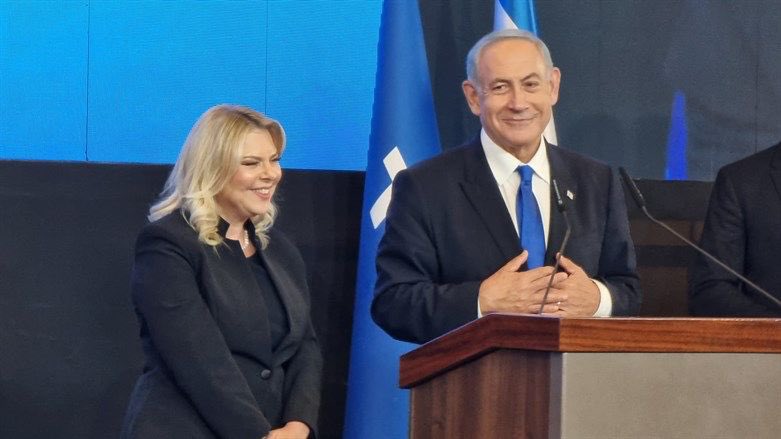By Ollus Ndomu
Israeli Prime Minister Benjamin Netanyahu is visiting Washington this week, where he is scheduled to deliver a speech to Congress and meet with officials at the White House. His visit comes at a tumultuous time for U.S. politics, following President Joe Biden’s unexpected decision on Sunday to withdraw from the presidential race.
This development adds another layer of uncertainty to U.S.-Israel relations at a crucial moment in the Gaza conflict.
Netanyahu’s visit is set against the backdrop of an escalating war in Gaza, which has intensified calls for robust U.S. support for Israel. However, the political upheaval in Washington may complicate diplomatic efforts. President Biden’s announcement has created a power vacuum and stirred debates within the Democratic Party, raising questions about the future direction of U.S. foreign policy.
During his visit, Netanyahu is expected to seek reassurances of continued U.S. support amid the Gaza conflict. His speech to Congress will likely underline Israel’s security concerns and the importance of the U.S.-Israel alliance.
Also, the meeting at the White House will be closely watched, as it could set the tone for future bilateral relations.
The timing of Netanyahu’s visit is critical. With Biden stepping back from the race, there is uncertainty over who will steer U.S. foreign policy in the coming months. The current political instability in Washington could impact U.S. commitments and influence in the Middle East, a region already fraught with tensions.
Political analysts suggest that Netanyahu’s visit might also be an attempt to solidify Israel’s relationship with the U.S. irrespective of its internal political shifts.
“Netanyahu is navigating a very delicate situation,” said Dr. Michael Greenberg, a Middle East policy expert. “He needs to secure U.S. backing, but the unpredictable political climate in Washington makes this a challenging task.”


